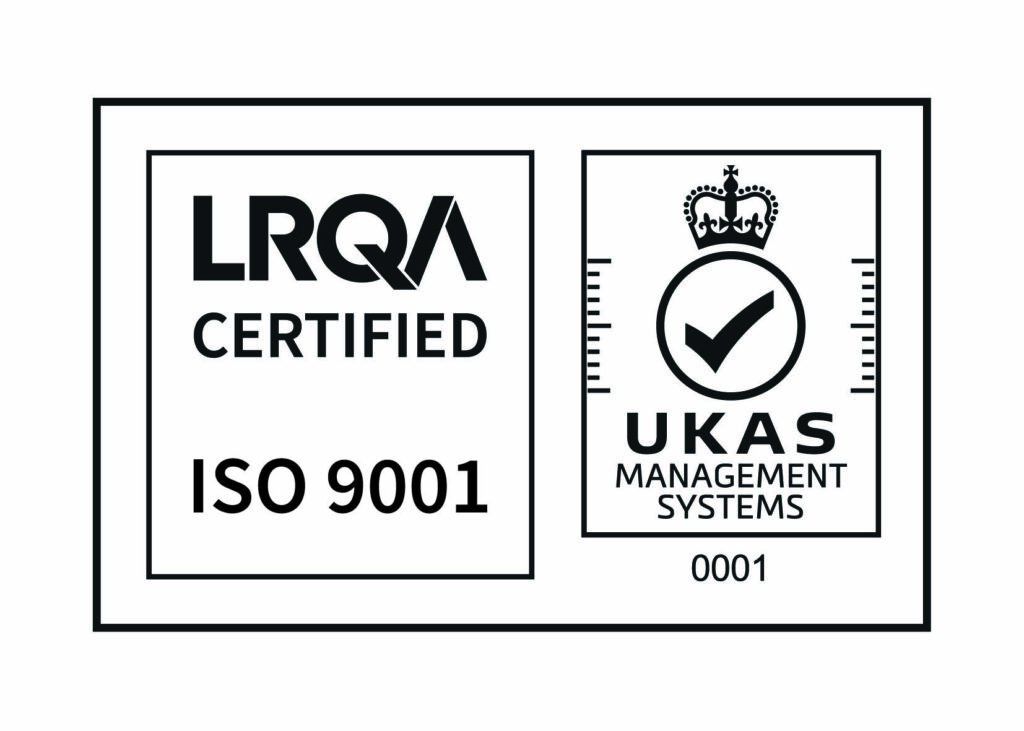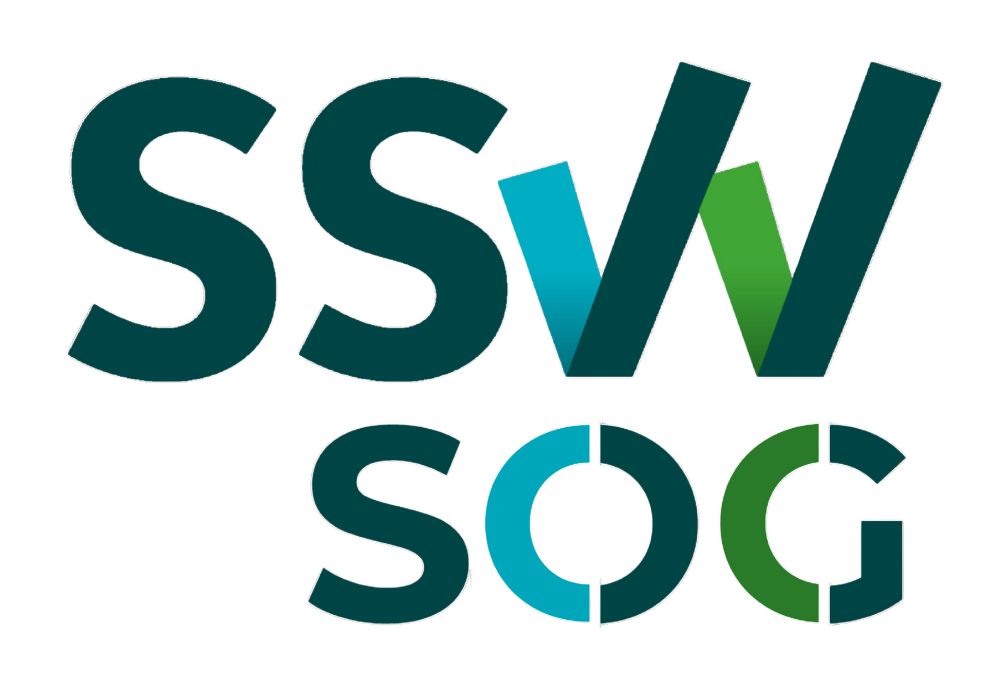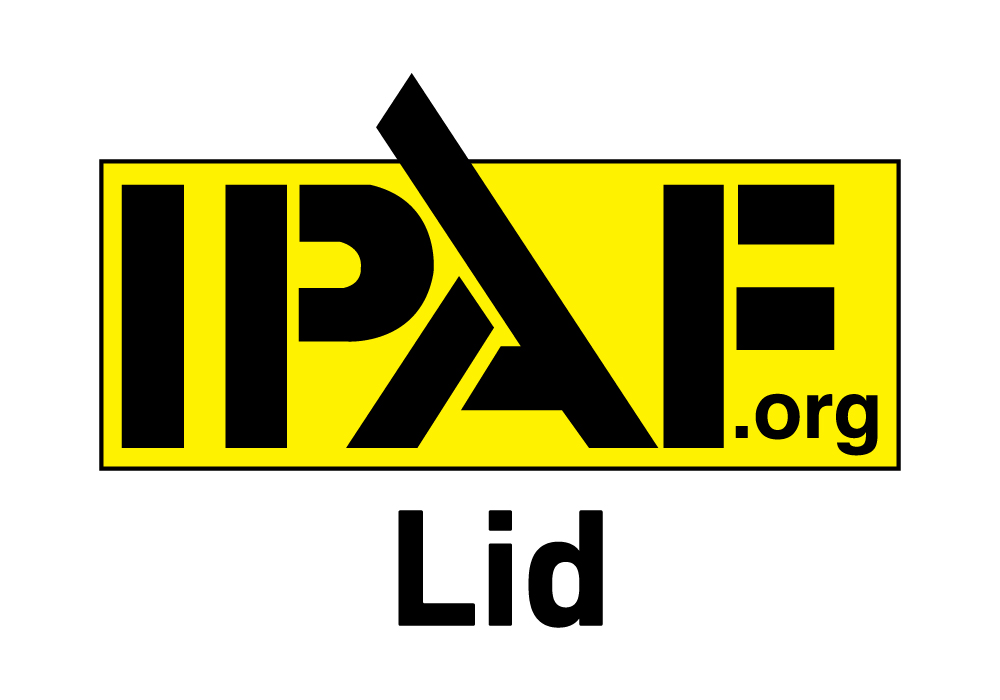The Netherlands is known for having one of the most employee-friendly labour systems in Europe. Whether you’re already working in the Netherlands or just planning to start, it’s essential to know your rights – from minimum wage and working hours to holidays and severance pay. Understanding Dutch labour law will help you avoid unpleasant surprises and give you a clear picture of what to expect from your employer.
Your rights as an employee in the Netherlands
Every employee in the Netherlands – whether on a permanent, temporary or agency contract – is entitled to basic legal protections. Employers are required to provide fair wages, adequate rest periods, and a safe, non-discriminatory work environment. If you feel your rights are being violated, you can report the issue to the Dutch Labour Inspectorate (Inspectie SZW).
How many hours do you work in the Netherlands?
A standard full-time workweek in the Netherlands is 40 hours. However, in some sectors, this may be reduced to 36 or 38 hours. Dutch labour law sets clear limits on how many hours you can work:
- Maximum of 12 hours per day
- Maximum of 60 hours per week (but the average over several weeks must not exceed 48 hours)
Employers are not allowed to require regular overtime beyond these limits. Keep in mind that consistently working overtime may push you into a higher tax bracket, resulting in a higher end-of-year tax bill.
Are overtime hours paid?
Yes – but how overtime is compensated depends on your employment contract or collective labour agreement (CAO). In some companies, overtime is paid at 125–150% of your normal hourly rate. In others, you may receive extra time off instead of additional pay.
Minimum wage – how much will you earn in the Netherlands?
The Netherlands has a clearly defined statutory minimum wage, which varies by age and employment type. As of January 2024, employees aged 21 and over must earn at least €13.27 gross per hour based on full-time employment.
Can an employer pay less than the minimum wage?
No. If you’re being paid less than the legal minimum, your employer is breaking the law. In such cases, you have the right to claim the unpaid wages. The Dutch Labour Inspectorate actively checks whether companies comply with minimum wage rules.
Holidays and paid leave – what are you entitled to?
If you work full-time in the Netherlands, you’re legally entitled to a minimum of 20 paid holiday days per year. However, many sectors offer more, especially if a collective labour agreement applies.
Other types of leave include:
- Special leave – for life events like weddings, childbirth or bereavement
- Sick leave – if you fall ill, your employer must pay at least 70% of your salary for up to two years
- Public holidays – whether these are paid days off depends on your contract or CAO
Types of employment contracts in the Netherlands
There are several types of contracts under Dutch law:
- Fixed-term contract – often used for up to 3 years. After this, the employer must offer a permanent contract
- Permanent contract – offers more job security and stronger protection against dismissal
Working through an agency – what are your rights?
If you’re employed via an employment agency, you have the same rights as regular employees, including access to bonuses and expense reimbursements. Your working conditions are governed by the collective labour agreement for temporary workers, so it’s worth reviewing your entitlements.
Termination of employment – what should you expect?
In the Netherlands, an employer cannot simply fire you without valid grounds. Termination must be justified – for example, due to redundancy, serious misconduct, or long-term illness.
Notice period
Your notice period depends on how long you’ve been with the company:
- 1 month – if you’ve worked less than 5 years
- 2 months – if you’ve worked 5–10 years
- 3 months – if you’ve worked more than 10 years
Severance pay – how much are you entitled to?
Employees dismissed in the Netherlands are generally entitled to a transition payment (transitievergoeding). This is calculated at one-third of your monthly salary for each full year of service.
In summary
Dutch labour law offers strong protection for employees – but knowing your rights is key to avoiding exploitation and making informed decisions about your career. If you’re unsure about your situation, don’t hesitate to contact the Dutch Labour Inspectorate (Inspectie SZW) for support.
Working in the Netherlands and want to learn more about your rights? Follow our blog for regular updates and practical tips on working and living in the Netherlands!







